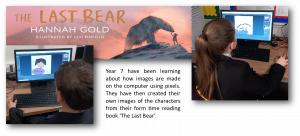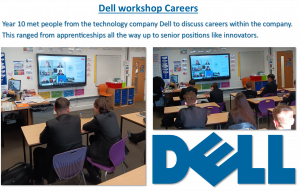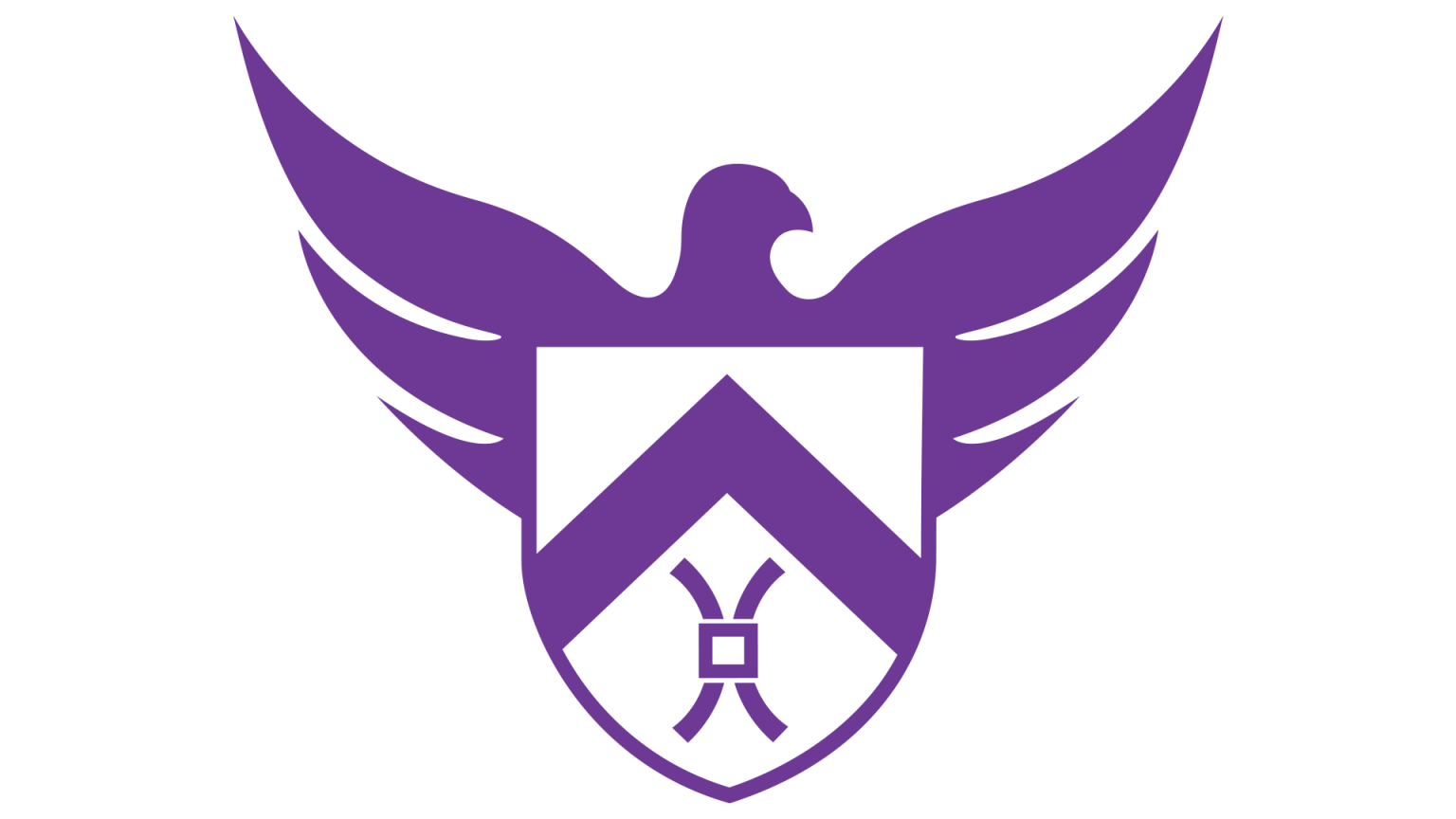Computing / Computer Science
Intent: The Big Ideas in Computer Science at Atherton High School
For all pupils to build knowledge on computational thinking and apply it to solve real-world problems.
- To gain knowledge about how a computer is physically built and understand the processes that happen inside a computer to carry out the users’ intentions.
- For pupils to be able to develop their digital literacy skills by creating, reusing, revising, and repurposing digital artefacts that are tailored towards a particular audience.
- For all pupils to develop wider cultural knowledge through the study of Computer Science: to be aware of online footprints and how to use technology respectfully, responsibly and above all safely, in an ever-growing digital world.
- To gain transferable skills in a wide range of applications and build knowledge of the technology industry and the vast range of career opportunities.
How the Computer Science curriculum contributes to the school’s curriculum intent
Our curriculum supports students from all backgrounds, including those who are disadvantaged, so students can access a high-quality, knowledge-rich curriculum. Our school community believes strongly in providing disadvantaged pupils with a curriculum that enables them to reach the academic standards of their non-disadvantaged peers. Our goal is to bring our young people into the big conversations of our disciplines, to bring depth to our curriculum, so they can understand the world around them.
- Knowledge – Knowledge is at the heart of every scheme of learning. Pupils will be explicitly taught component knowledge from Computing, digital literacy and e-safety which make up computer science as a subject. The essential knowledge has been interwoven throughout the curriculum to set a solid foundation upon which deeper learning can be achieved and schema can be built to help them in the real world. This allows information to be revisited throughout, knowledge gaps to be identified and closed quickly and give pupils the confidence to use technology safely, respectfully, and responsibly.
- Vocabulary rich – We have selected a challenging list of vocabulary, to enrich learning and deepen subject understanding. Pupils will be taught subject terminology on the four cornerstones of computational thinking, networking, e-safety and programming constructs, to build and break down problems.
- Aspiration – Through a knowledge rich ambitious curriculum pupils will build knowledge on how to create their own programs, using their knowledge on how the computer is built physically and a variety of algorithms. Pupils will use publications to develop digital literacy skills and understand how the knowledge they have learned can be transferable to a wider industry.
- Character building –Pupils will build knowledge on how to navigate the online world safely and become independent problem solvers. Pupils will understand the potential hazards and opportunities in the wider world and form resolutions with confidence.
- Love learning – Is built through specialised teaching, challenging activities and ambitious concepts. Pupils will engage in developing theoretical knowledge before applying practically to deepen understanding and solidify processes.
The Computer Science Learning Journey
Computer Science Knowledge Organisers
Autumn Term
Spring Term
Summer Term
Reading in Computer Science
Reading in Computer Science involves understanding the binary language, the role of shapes in flowcharts and how to construct a program. Pupils will learn how to deconstruct a brief and produce a suitable artefact for the appropriate target audience.
Learning Beyond the Classroom in Computer Science
Pupils will have access to various different software, ranging from creation of digital graphics, through to programming interfaces. Pupils will also be able to visit local business to see their creation come to life and in a real working environment. Enrichment in Computing gives pupil the opportunity to experiment beyond the curriculum.







